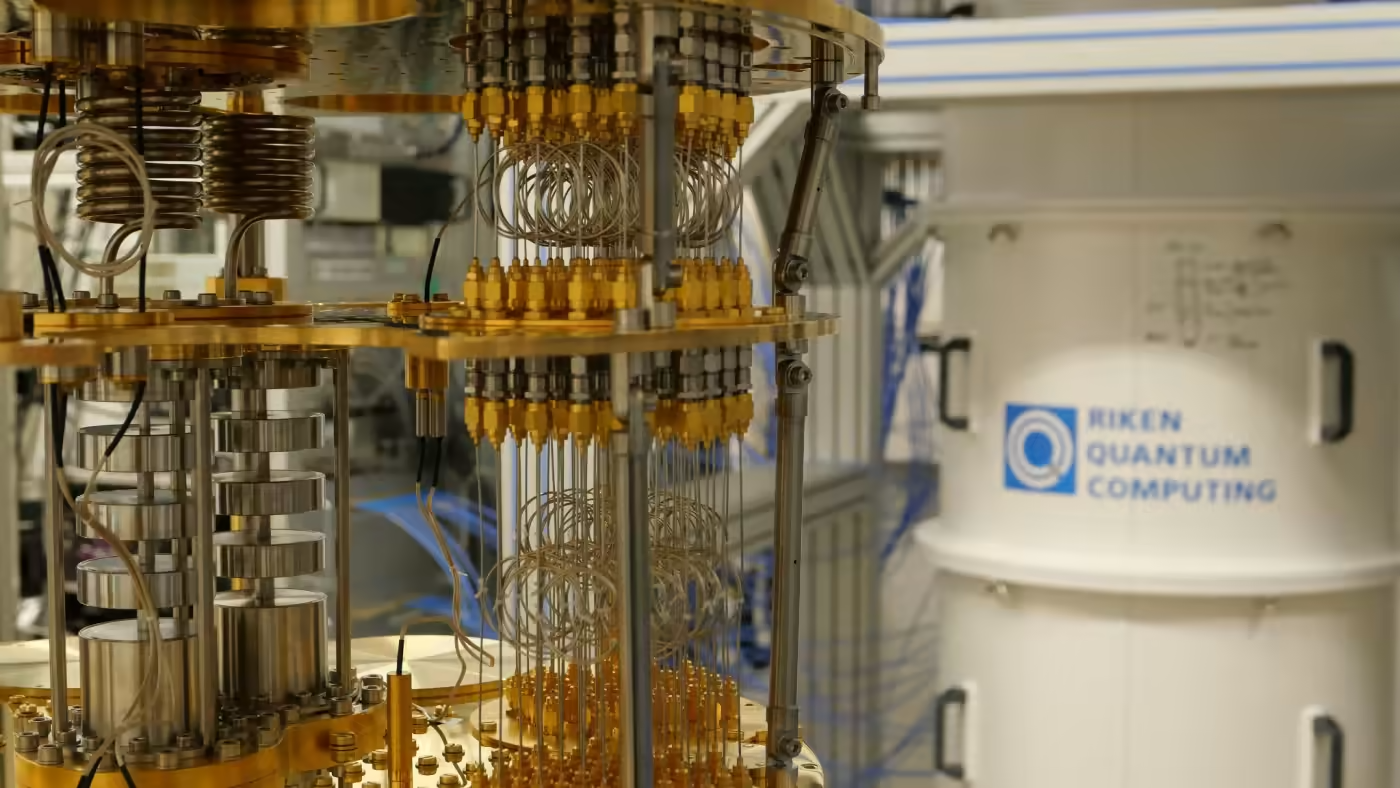The Riken research institute unveils Japan’s first domestically manufactured quantum computer will be available online by the end of March 2023, giving access to firms and universities to utilize the ultrafast processing powers for their quantum research projects including startups. The prototype is powered by 64 qubits, currently outperforming IBM’s 27-qubit quantum computer situated in Kawasaki, Japan since 2021.
Riken, funded by the Japanese government, intends to provide access to a wide range of business entities and universities, paving the way for small businesses or startup companies to have tools and learn about quantum computing applications. Riken’s quantum computer is only a prototype, and the technology is still in its infancy. Riken intends to connect it to the Fugaku supercomputer and begin wider real-world application around 2025 and already conducting core processing.
Riken’s quantum computer eliminates electrical resistance by using superconducting circuits chilled at extremely low temperatures. It will be one of the world’s fastest quantum computers, with 64 quantum qubits, outperforming IBM’s 27-qubit quantum computer, which went into service in the city of Kawasaki in 2021 and is currently exclusively available to members of a consortium sponsored by the University of Tokyo.
Steps towards building Quantum Supremacy
Quantum computers, which can execute calculations 100 million times faster than supercomputers, are projected to be used in a variety of areas, including banking, chemistry, medicine, and the automotive industry. These might help develop carbon-reducing materials, anticipate financial markets, or lead to the discovery of the next blockbuster drug.
In 2019, Google successfully completed an experiment confirming so-called quantum supremacy. Its quantum processor completed a work that would have taken a supercomputer 10,000 years to accomplish in little over three minutes, according to the company.
China is also emerging as a major player in quantum computing. The Chinese University of Science and Technology is performing cutting-edge research, while search engine behemoth Baidu is driving advancement. China held around 2,700 quantum computing patents between 1990 and 2021, the highest in the world. The United States came in second with over 2,200 patents, while Japan came in third with 885.
Japan intends to charge ahead, utilizing its first in-house quantum computer as a springboard. Fujitsu, a technology company, is receiving technical assistance from Riken and aims to produce a quantum computer by fiscal 2023.
The University of Tokyo and Nippon Telegraph and Telephone has invented an optical quantum computing technique. They plan to make the quantum computer available via the cloud as early as 2024.
Read more about it here.

